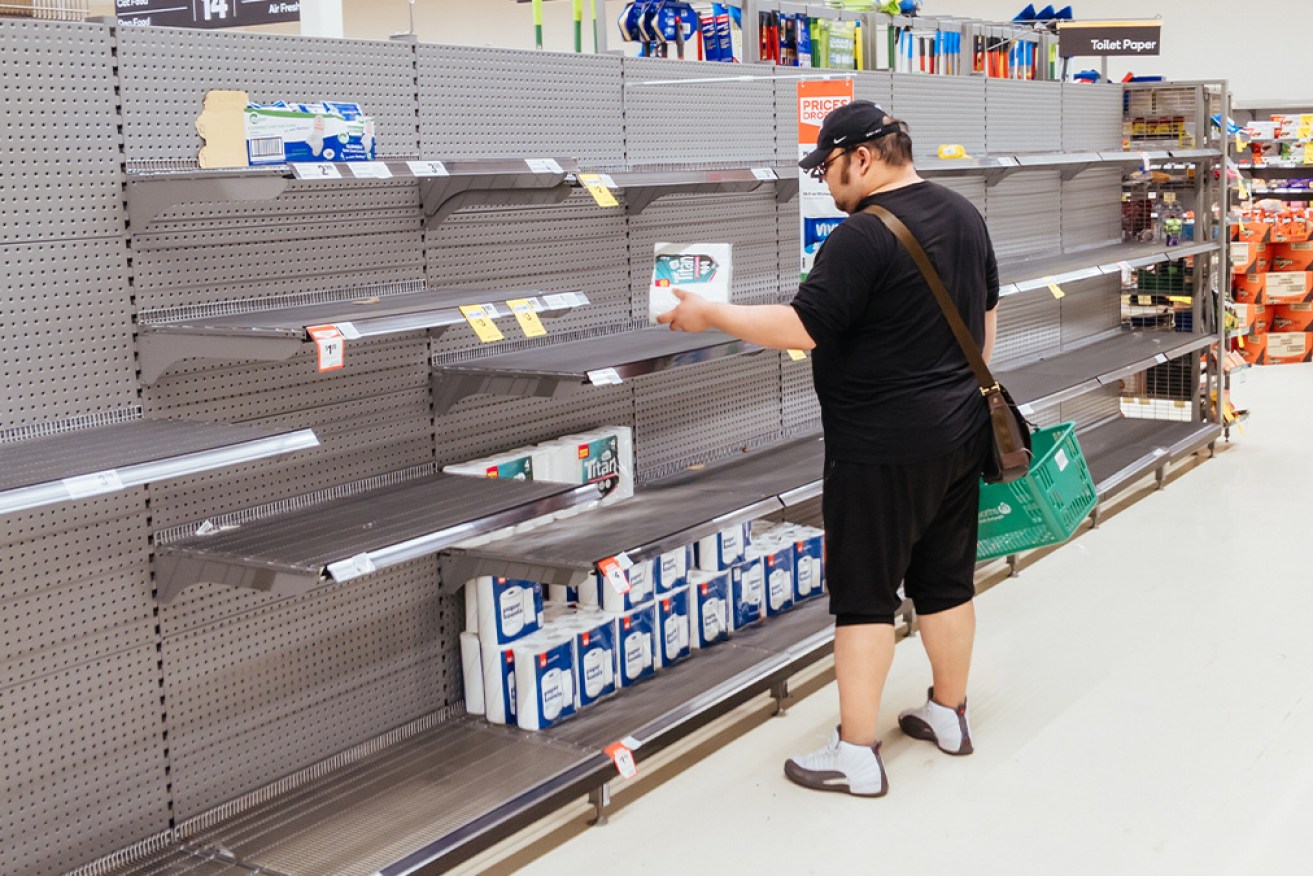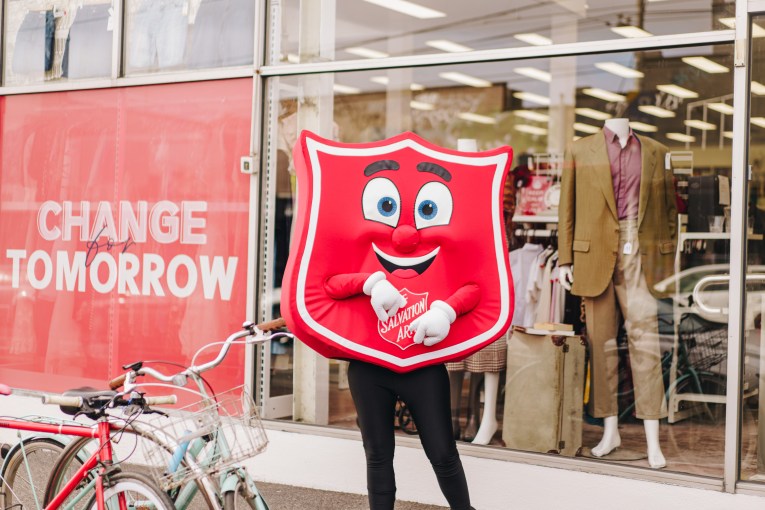‘Optimistic’: Food supplies recovering as government mulls shorter isolation periods


Coles says shoppers should see improvements in food stocks in the coming weeks. Photo: Getty
Supermarkets may have passed the worst of the Omicron supply chain crisis after close contacts were allowed to return to work if they posted negative tests.
But shoppers will likely struggle to find all the goods they want – and face purchase limits on sought-after products such as chicken and painkillers – until virus case numbers have peaked.
On Wednesday, Prime Minister Scott Morrison suggested that the worst of the Omicron staffing crisis may be over and his comments were backed by major supermarkets and poultry suppliers.
The federal government is nonetheless “actively considering” shortening the isolation period for COVID-positive workers from seven days to five in a move that would help thousands of essential workers return to work and bring Australia in line with the US and UK.
The government may also extend to the hospitality and retail sectors recent changes to isolation rules allowing close contacts in essential industries to return to work if they post negative tests.
Days after threatening to lead strikes if their health-and-safety demands were not met, unions criticised the potential rule changes as dangerous and unsafe.
“Workers are being told to keep supply chains going at any cost, that their health is worth less than the goods they transport,” Transport Workers Union national assistant secretary Nick McIntosh said.
Coles optimistic on shortages
The good news is that there are signs food shortages are improving.
In a statement to The New Daily on Wednesday, Coles said shoppers should start seeing more food on shelves in coming weeks.
“We are working collaboratively with our suppliers to improve the supply of all products for our customers and we are optimistic that we will see some improvements in coming weeks,” a Coles spokesperson said.
“We thank our customers for their patience as we work with our suppliers and transport partners to increase deliveries and return a full range of products to our stores.”
A Woolworths spokesperson said its stores continue to experience delays, but the company has no purchase limits for meat outside of Western Australia.
“Supply chain challenges continue to impact stock levels across the country [as] we experience delays with deliveries to our stores due to the impacts of COVID-19 and high rates of absenteeism,” they said.
Tweet from @FatMan82935889
The comments came after Prime Minister Scott Morrison suggested the worst of the food shortages – caused by thousands of workers isolating with COVID-19 – are now in the past.
Mr Morrison has been meeting regularly with business groups about the shortages.
“We’re seeing some relief,” Mr Morrison told reporters in Canberra.
“It’s not back to where we’d want it to be, but the trajectory is right.”
Mr Morrison was referring specifically to chicken shortages that have forced supermarkets to introduce purchase limits and KFC to sell a reduced menu over the past week.
National cabinet began allowing workers in food supply chains to start skipping COVID-19 quarantine last week in a bid to ease the pressure on hard-hit chicken suppliers, which was welcomed by industry leaders.
Vivien Kite, executive director of peak body the Australian Chicken Meat Federation, said she was optimistic that the situation was starting to improve and that “the worst is behind us”.
But all businesses are struggling with high rates of absenteeism and some are down to just 50 per cent of their workforce, she said.
“We expect ongoing supply issues for the next couple of weeks as COVID-related staff absenteeism remains at a concerning level.”
Government considers further easing
The Morrison government is now “actively considering” further easing isolation rules for workers across the economy to hasten this recovery.
Mr Morrison said on Wednesday that, subject to revised health advice, Australia may follow in the footsteps of the US and UK by reducing the COVID-19 mandatory isolation period from seven to five days.
“The most recent information that we have is that post-five days you still have got 30 per cent [of workers] remaining infectious,” he said.
“And so that is a calibrated decision you’ve got to make.”
The government may also bow to demands from industry groups for an easing of isolation requirements for essential workers to be extended to other parts of the economy, such as hospitality and retail workers.
“Those issues are quite relevant in terms of when you could look at broader-scale changes,” Mr Morrison said.
“Those sorts of things are certainly not off the table, and if they’re safe to do they would make a lot of sense to do.”
Mr Morrison said all policy changes would be based on health advice, but added “you can expect that’s not too far away” when asked about a possible extension of eased isolation rules beyond essential workers.
Unions immediately attacked the suggestion, saying Mr Morrison is attempting to “slash” work health-and-safety protections to paper over the government’s failure to secure enough rapid antigen tests (RAT).
Tweet from @sallymcmanus
Business groups have also criticised the government over a severe shortage of RATs, warning that the eased isolation rules will not address staffing shortages unless employers can get their hands on more tests.
“It’s shameful that it is easier to catch COVID than it is to find a test kit,” ACTU secretary Sally McManus said in a statement on Wednesday.
“We can limit admissions to hospitals, keep workplaces open and supply chains operating if we have free and accessible RATs.”
Mr McIntosh said the TWU would oppose shortening isolation periods.
“COVID-positive transport workers must not be brought back into the workplace after only five days of isolation,” he said in a statement.
“This will only run the risk of triggering long COVID and make more workers and their families sick. In that horrifying scenario, everybody loses.
“Supply chains rely on healthy workers.”








